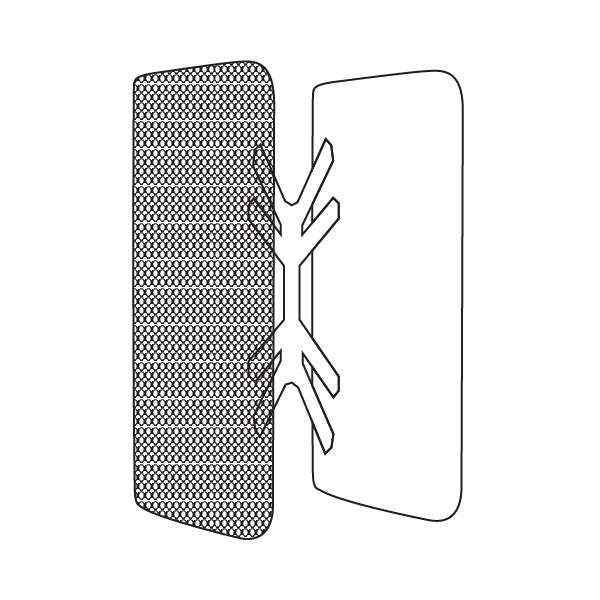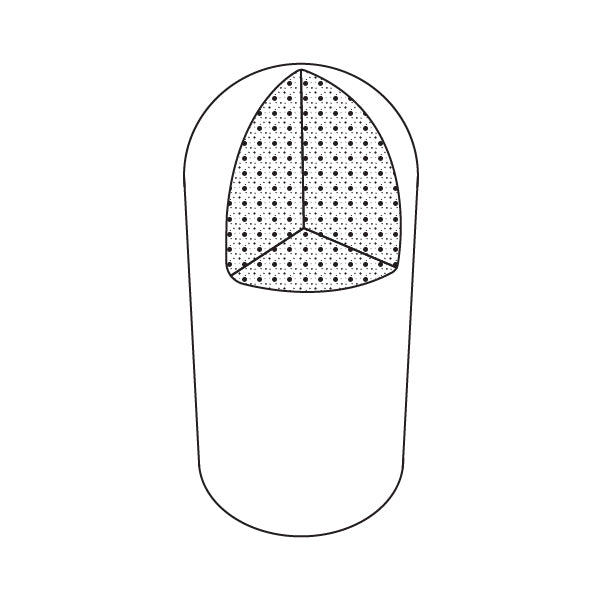Our bone graft materials are designed for robust bone regeneration, providing a solid foundation for dental implants and restorative procedures. Available in synthetic and bovine options, these grafts offer exceptional osteoconductive properties to enhance the natural healing process and ensure long-lasting results.
Designed to deliver predictable outcomes, our bone graft materials support superior integration and stability, making them an essential component in achieving optimal patient care and successful dental restorations.
Open Description
FAQs
Bones can be taken from other parts of the body to be used in a bone graft or synthetic options can be utilized. In either case, if the job is done well, the patient can expect their bone graft to last them a lifetime.
On the other hand, in cases where the implant does not replace the tooth, the resulting loss of bone density due to a lack of chewing stimulation can result in major bone loss within a few months of the surgery. A good dentist will advise their patient accordingly soon after the surgery.
One of the most common questions when dealing with a bone graft or any other extensive restorative procedure is how soon the patient can start eating and return to their normal routine after the operation.
In most cases, the patient can begin consuming liquids and other soft foods, such as jelly or yogurt on the day of the surgery. However, any hard foods should be kept away from the side of the bone graft or avoided entirely for at least two weeks. Not following these precautions can result in major disruption of the site or loss of bone graft material.
Ideally, a patient would want to return to their normal lives as soon as possible. However, with a bone graft that is still healing, some precautions are necessary. As such, any patient who wants to speed up the healing process the right way can consider the following:
-Taking supplements
-Rinsing the mouth with seawater
-Staying on their back
-Exercising
-Resting often
-Applying cold therapy
While all these are great pieces of advice to share, it is important that the patients listen to their dentist and follow the given instructions as closely as possible to avoid any setbacks in the healing process.
Many patients do not know that it is possible for the body to simply reject the bone graft that has been installed. In such cases, one of the most serious complications caused by a rejection will be developing an infection.
It is also important to note that rejection does not always happen immediately. It can sometimes take years for the body to reject the bone graft. Such situations can lead to very serious complications for the patient, with death even being a possibility. As such, it is necessary to consult a dentist at the first signs of pain or inflammation in the bone graft area.
























